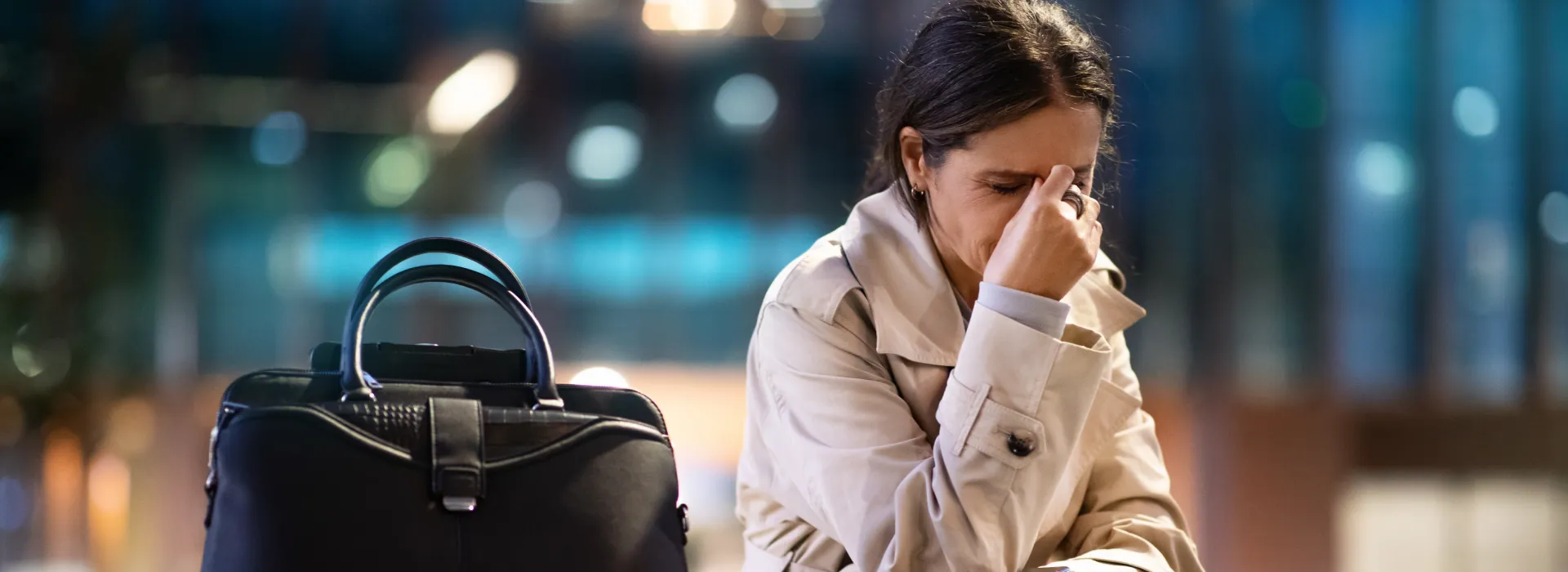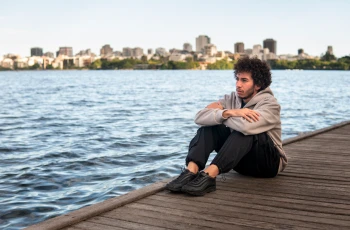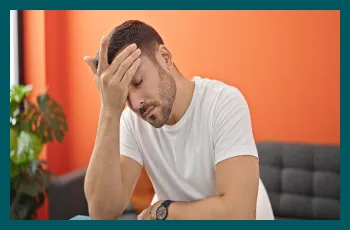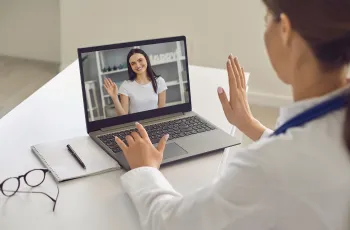Post travel blues: Is it real? How to cope?
Written by the editorial staff writer at Hola. Medically Reviewed by Amira Shah, MA in Counselling Psychology, Registered Psychotherapist. Blog updated on 22 October, 2025. Originally published on 19 October, 2024.

Contents

Overview
Coming home after a big trip can feel strange. One moment you’re exploring new places and meeting new people, and the next you’re back at work or unpacking washing, or figuring out what’s for dinner. Many Australians call this ‘post-travel blues’ — a real feeling of emptiness or sadness after travelling that can hit after returning from holidays.Is it normal to be sad after travelling?
Yes — and it’s very common. Many Aussies feel flat after returning from a big overseas trip or even a coastal weekend away. You might miss the excitement of travel, the people you met, or just the break from everyday life. Whether it’s coming home from a long flight or wrapping up a short weekend getaway, that down feeling is real and valid.What is post-holiday syndrome?
Doctors sometimes describe it as “post-holiday syndrome”. It isn’t a formal medical condition, but a recognised group of feelings and behaviours. Common signs include:- Feeling sad when the trip ends
- Worry about going back to work or study
- Feeling tired after travelling
- Missing the fun and freedom of being away
- Feeling disconnected from your usual routine
Causes of post-travel blues
Post-travel blues can hit for many different reasons:- Travel means freedom from work, daily household chores, and stress
- Coming back home means facing real life—the bills, the laundry, and the looming deadlines.
- Sleep gets disrupted by flights, time zones or late nights
- Financial strain after a long trip can cause worry
- The shift in rhythm can feel unsettling—from adventures to routine.
Symptoms of post-vacation depression
Symptoms of post-vacation depression (post-holiday syndrome) include:- Persistent sadness- feeling depressed or flat
- Low concentration- difficult to focus on work or study
- Restlessness- feeling unsettled or irritated
- Low motivation: decreased interest in usual tasks
- Sleep problems- insomnia or oversleeping
- Fatigue- low energy after returning home
Concerned? Get a specialist referral without leaving your couch in just 15 minutes.
See a Doctor now
Available 24/7, across Australia.
When does post-travel depression go away?
For many, post-travel blues fade within days or a few weeks. People recover at different speeds, especially after long flights, major jet lag, or emotionally intense trips. Planning fun activities, keeping a regular sleep routine, and staying social can help you feel better faster. Tip: If your mood remains low for more than a couple of weeks, consider reaching out to your GP or a telehealth doctor. They can assess your mental health and guide you on the next steps.Practical ways to beat the post-travel blues
There’s no pressure to rush into the daily grind. Small, simple actions can help you settle back in and feel better.Stay connected to the joy of travel:
- Cook meals or play music that reminds you of your holiday
- Plan your next holiday, even if it’s a small one
- Keep those little holiday rituals alive in your routine (like your morning walk or jotting thoughts in a notebook).
Look after your well-being:
- Exercise regularly, even a short daily walk, can lift your mood
- Try mindfulness or deep breathing exercises to help calm a busy mind
- Follow a consistent sleep schedule
Ease back into routine:
- Return to work or study gradually, if possible
- Catch up with friends or family to stay connected
- Engage in hobbies or creative activities you enjoy
Self-care vs professional help
Most of the time, post-travel low mood eases on its own. However, if the heaviness persists or interferes with daily activities, reaching out for help is a constructive and proactive measure. When to try self-care:- Your mood is a little low, but manageable
- You’re feeling exhausted, low, or just not motivated, but still able to function
- You notice mild sleep issues or irritability after returning home
When to seek professional help:
- Your mood has been consistently low for more than two weeks
- You feel overwhelmed, anxious, or hopeless
- You’re pulling away from others or losing interest in activities you usually enjoy
- You’re struggling with sleep, appetite, or your everyday schedule.
Where to get help?
Consulting a GP is an excellent first step. They can create a Mental Health Treatment Plan, giving you access to subsidised psychology sessions under Medicare. You can also connect with a telehealth GP service such as Hola Health,, for help from home, often with bulk-billing options available.Conclusion
Post-travel blues reflect just how special and impactful your trip really was. The good news is, with a handful of simple strategies, you can bring that same sense of joy into your daily life. And if the sadness lingers, remember support is always within reach.Need time off to recover? Get your medical certificate online within 15 minutes.
Request a medical certificate
Available 24/7, across Australia.
What we treat
- Cough
- Nausea & vomiting
- Fever
- Hayfever
- Fatigue
- Sore throat
- Acne
- Hair loss
- Gout
- Eczema
- Rosacea
- Sunburn
- UTI
- Erectile dysfunction
- Contraception
- Morning sickness
- Morning after pill
- Prostate health
- Anxiety
- Depression
- Stress
- Grief & loss
- Antidepressants
- Premature ejaculation
- Asthma
- Blood pressure
- Blood thinners
- Diabetes
- Cholesterol
- Migraines & headaches
- Allergies
- Body ache
- Heartburn & reflux
- Sleep disorder
- Pain relief
- Gastro
Related Articles
What Is Online Therapy? Everything You Need To Know About e-Therapy
February 19, 2026Mental Health
...
Disclaimer
This blog is for general informational purposes only and does not indicate that Hola Health provides all treatments or preventive measures mentioned. It is not intended to be a substitute for professional medical advice. Always seek the guidance of your doctor or other qualified health professional with any questions you may have regarding your health or a medical condition. For emergencies please immediately contact 000. Any medical topics discussed are intended to educate, not to imply availability through Hola Health.
 Facebook
Facebook  X
X  Copy Link
Copy Link



